Connecticut Border Casino Closer to Reality, But Legal Questions Linger
Posted on: May 10, 2017, 06:01h.
Last updated on: May 10, 2017, 08:27h.
A bill that would authorize Connecticut’s Mohegan and Mashantucket Pequot tribes to build a jointly operated casino in East Windsor, just 13 miles across the border from MGM Springfield in Massachusetts, inched closer to enactment this week.
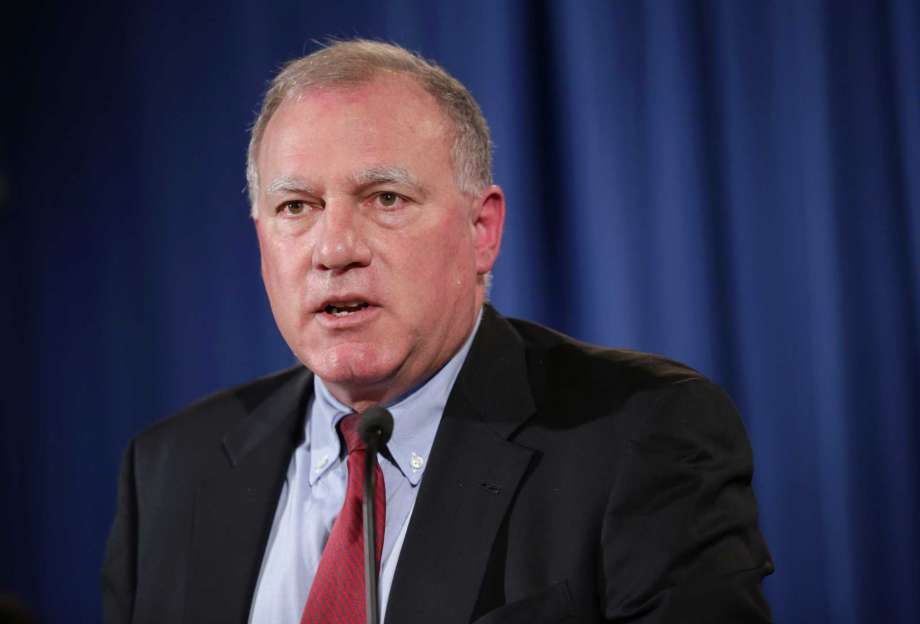
The Appropriations Committee in Connecticut’s General Assembly’s approved a bill on Monday, by a 33-13 vote, approving of the project. Lawmakers rejected amendments that would have required a referendum in East Windsor, as well as additional payments by the tribes to surrounding communities.
“Another week, another milestone passed,” said Mohegan Tribal Council Chairman Kevin Brown said. “It’s clear that Connecticut’s elected leaders understand that real people are going to lose their jobs if we don’t stand up and compete to save them. We want to thank the members of the Appropriations Committee for their support.”
Tribal Alliance
The Mohegan and Mashantucket Pequot tribes (collectively and commercially known as MMCT), currently each operate a casino in the state’s southeast. They have contended that a casino in East Hartford is essential to fending off the threat to Connecticut’s casino industry posed by MGM Springfield.
Likewise, MGM has made no secret of the fact that it expects its $950 million property, currently under construction just across the state line, to derive a large portion of its revenue from customers who traditionally have patronized Connecticut casinos.
MGM initially dismissed the proposed satellite casino as little more than a “box of slots,” but it has been sufficiently spooked to launch a lawsuit, claiming the MMCT plans violate the Equal Protection Clause of the 14th Amendment, as well as the Constitution’s Commerce Clause, by restricting the bidding process to tribes rather than opening it up to commercial operators.
A federal judge dismissed the case on grounds that a law enacted by Connecticut to authorize tribal gaming allowed the favoritism, and that MGM had not suffered any specific harm as a result. Not yet, anyway.
Unsacred Ground
While the new bill moving forward may have brought a third casino in Connecticut closer to a reality, legal questions remain. And should the MMCT project become a reality, MGM may at last have grounds to sue, as Connecticut’s Attorney General George Jepsen has intimated.
Asked for his opinion by Gov. Dannel Malloy in March, Jepsen replied that the legal issues surrounding the proposal were complex, uncertain, and may face further constitutional challenges.
By authorizing tribes to operate a commercial casino on non-tribal lands, as is the case with the proposed new casino, MGM may have grounds to contend they deserved a chance to bid for the project.
Land sovereignty could also affect current revenue-sharing agreements with the state, some legal experts have conjectured.
Despite progress this week, Connecticut’s third casino is no sure bet and, if it does go ahead, MGM may yet have its day in court.
Related News Articles
Florida Gambling Battles in 2017: Not All Sunshine By Any Means
Biggest Gaming Industry Legal Conflicts, Battles, and Outright Wars of 2018
Most Popular
Mirage Las Vegas Demolition to Start Next Week, Atrium a Goner
Where All the Mirage Relics Will Go
Most Commented
-
Bally’s Facing Five Months of Daily Demolition for Chicago Casino
— June 18, 2024 — 12 Comments -
Chicago Pension Mess Highlights Need for Bally’s Casino
— July 2, 2024 — 5 Comments
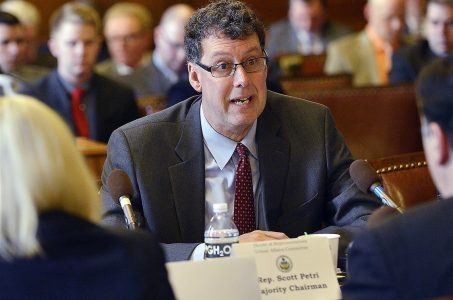
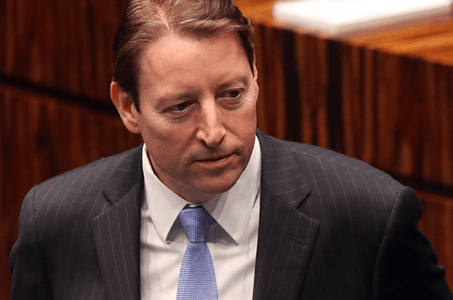
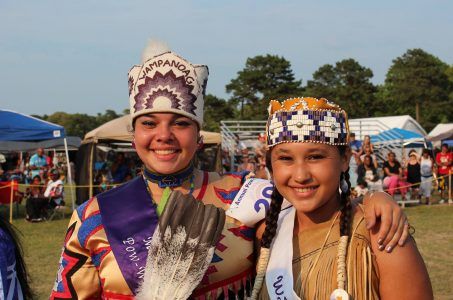
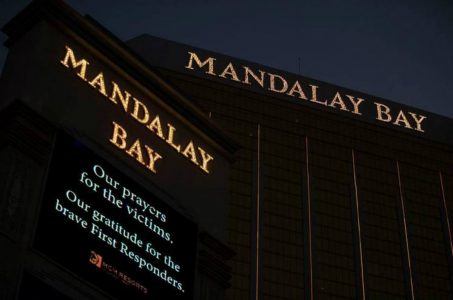












No comments yet